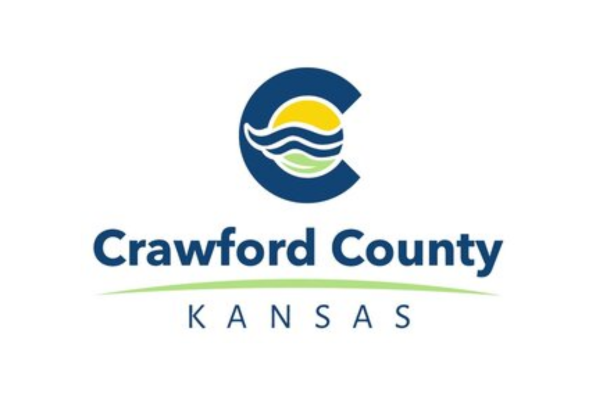
CJI is pleased to announce The Restorative Justice Authority in Crawford County, Kansas as our first local partner in the Improving Community Supervision National Training and Technical Assistance Program, funded by the Office of Juvenile Justice and Delinquency Prevention (OJJDP). In this rural county, the Restorative Justice Authority provides intensive supervised probation for youth who exhibit a need for increased supervision and programming due to committing a more serious offense, have a history of system involvement, or were unsuccessful on traditional court probation.
“We are very excited to partner with CJI for training and technical assistance. We believe our agency will excel to the next level with their guidance and we are very grateful for this opportunity!” said Angie Hadley, Director of The Restorative Justice Authority
How the system engages with young people on community supervision can greatly impact youth and family outcomes, incarceration rates, disparities in the system, recidivism, victimization rates, and trust between the community and youth justice system stakeholders. Through this Second Chance Act program, CJI will partner with local, regional, and Tribal supervision agencies to implement research-based and data-driven strategies that positively impact community supervision policies, practices, and populations.
“Partnering with local community supervision agencies like RJA, provides an opportunity to engage young people in their own backyards – fostering pro-social connections with their families, peers, and the community while receiving services close to home” said Jasmine Jackson, CJI’s Youth Justice Manager.
CJI is accepting applications from local, regional, and Tribal jurisdictions on a rolling basis for this training and technical assistance opportunity. If you are interested in any of the following, we welcome you to apply:
- Improving outcomes for youth under community supervision through the implementation of evidence-based and innovative community supervision policies, practices, and programs
- Building capacity to implement meaningful change through staff training and improvement of staff-client interactions
- Reducing admissions to confinement resulting from community supervision/probation violations
- Collaborating with probation, courts, law enforcement, parole, and community providers to reduce recidivism and promote public safety
Questions about TTA requests should be directed to Jasmine Jackson, CJI’s Youth Justice Manager, at jjackson@cjinstitute.org or 857-208-1410.
This project was supported by Grant 15PJDP-22-GK-03263-SCAX awarded by the Office of Juvenile Justice and Delinquency Prevention, Office of Justice Programs, U.S. Department of Justice. The opinions, findings, and conclusions or recommendations expressed in this publication are those of the author(s) and do not necessarily reflect those of the Department of Justice.